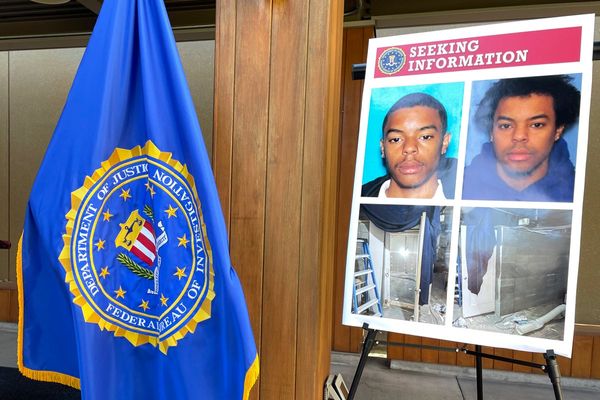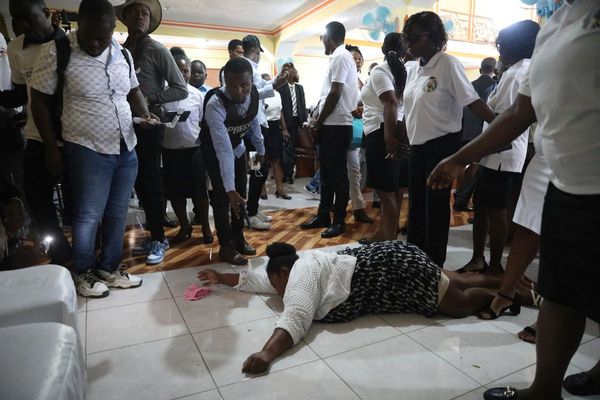
Mark Barlet founded AbleGamers in 2004. It’s a nonprofit that works to combat social isolation among people with disabilities using “the power of video games.” Most recently, his organization worked with Sony to help create its new Access controller for the PlayStation, designed to make it easier for people with disabilities to play.
Question: When did you begin consulting for Sony on this controller?
Answer: We’ve had a relationship with Sony for other projects for a while. Sony has been on the forefront on the software side of creating accessible experiences. But about five years ago, they reached out to us and said, we have an idea. Can we talk to you about what this idea is?
Q: And what was the idea?
A: They wanted to create a controller that really supported players with disabilities and wanted to learn from our organization on what the experience was like — what were they solving? When they came to us, they were looking at what do we need to worry about — this disability or this disability? And we talked to them about how disabilities, you know, show me a person with multiple sclerosis and I’ll show you a person who can be, hard of hearing, I can show someone who has a visual impairment or a motor impairment. So thinking on the label of a disability is not the approach to take. It’s about the experience that players need to bridge that gap between a game and a controller that’s not designed for their unique presentation in the world.
Q: How are gamers with disabilities playing without these controllers?
A: I mean, oftentimes it was cobbling things together in order to play. It was making compromises on how they could position a standard controller in a really unique way or 3D printing a solution that helped them reach this button over here or over there or gravitating away from consoles and maybe moving into PC gaming where there were many more options at the time for USB type things to plug in. It was really about compromising and finding what best got us there. Those solutions oftentimes came with drawbacks like fatigue, discomfort and various things like that.
Q: Why are video games important for your community?
A: The reality is people with disabilities are 56% more likely to be socially isolated than their non-disabled friends. Think about what gaming is today — we game with our friends, we game with our families. There’s so many social interactions that belong in gaming. And when you look at someone, especially a profoundly disabled person, you know, a system that allows them a good controller and a well-crafted video game gives them an opportunity to really get out there and make friends and find those shared loves that we build friendships on.
And the other thing is the fact that I’m disabled isn’t the defining factor of who I am. It’s that we’re sharing this game and I’m good at it. And so that creates these rich social experiences that oftentimes people with disabilities have a much harder time having because of the accouterments that come with being disabled.
Q: People are being gaming for decades now. Why do you think it's taken this long for the industry to create accessible controllers?
A: I’ll say I think it’s the hard, hard work of organizations such as myself who have really taken to task developers from gaming and our console makers on the importance of gaming to people with disabilities. The advent of social media was a catalyst as well. My organization, you know, has been talking to developers since 2004. But all of a sudden social media is allowing people with disabilities themselves to amplify that message and to hold creators to task. I think that kind of came together and we saw companies really jump into this as an important issue that we need to fix. The last five years I have seen the game accessibility movement go from indie studios working on some features, to triple-A games, being able to be played by people who identify as blind. In five years, it’s been breathtaking.
Q: What about the representation of people with disabilities in video games? Is that something that you would also like to see more of?
A: I would like to see more of it. And I will tell you, making games is a long path. Game companies are working on that. We have sensitivity readers in our organization and we’re getting scripts and we’re getting mocap (motion capture) ideas from game companies so that they can represent disabilities in a really unique way. So there are people with disabilities reading scripts on storylines of individuals with disabilities to make sure it’s accurate. And so I think we’re going to see more representation in the future.







